Shadows Beneath the Gilding: Deception in the World of Royal Furniture and the Standards We Uphold
The Allure—and the Danger—of Royal Provenance
In the cloistered world of high-end antique furniture, few labels carry more weight than royal provenance. The very mention of “Versailles,” “Bureau du Roi,” or “commissioned for Marie Antoinette” sends collectors’ pulses quickening and estimates soaring. But as any seasoned dealer knows, history is as much prey to forgery as it is subject to preservation.
Nowhere has this peril been more nakedly exposed than in the scandal surrounding French dealer Bill Pallot and cabinetmaker Bruno Desnoues. Between them, they sold counterfeit furniture purported to have belonged to the French royal family, defrauding clients—including the Château de Versailles itself—of €3.7 million. These were not clumsy fakes, but masterfully produced pastiches, crafted with the express intention to deceive even the most discerning eye.
Forging a Legacy: The Pallot-Desnoues Scandal
Bill Pallot, a prominent specialist in 18th-century French furniture, and Bruno Desnoues, a gifted ébéniste, conspired to construct pieces mimicking the style and detail of Louis XVI-era furnishings. Their works were not merely inspired by the period—they were made to impersonate it, complete with fabricated documentation and a provenance trail carefully crafted to withstand surface-level scrutiny. Even the gilding bore the subtle abrasions suggestive of age, the ormolu cast with just enough imprecision to feel "original."
The scale and sophistication of the fraud sent shockwaves through the curatorial and collecting communities. Pallot’s standing in the academic and commercial spheres—he published extensively, advised museums, and lectured with authority—made the betrayal all the more troubling. It was not simply a case of an unscrupulous dealer; it was a scholar who turned the very tools of connoisseurship into instruments of deceit.
The Thin Line Between Replica and Fraud
Reproduction furniture has long had its place, especially in 19th-century revivals and the decorative arts trade. But what the Pallot case laid bare is the critical difference between honest homage and calculated fraud. The issue is not the skill of the craftsmanship—indeed, Desnoues’ work was widely admired—but rather the intention behind the object’s presentation. To pass off a newly-made commode as one touched by Riesener or approved by Marie Antoinette is not simply commercial overreach; it is cultural vandalism.
The real damage lies not only in financial loss, but in the corruption of the historical record. Museums and private collections are now burdened with re-examining items once thought secure in their authenticity. The ripple effects of one fraudulent piece can distort academic understanding for decades.
Nicholas Wells Antiques: A Tradition of Authenticity
In light of such scandals, it becomes all the more important to champion those who uphold the highest standards of integrity in the antiques trade. At Nicholas Wells Antiques, we have never trafficked in deception—whether by commission or omission. Every piece we offer is vetted with scholarly precision, drawing upon a network of leading experts, archives, and provenance documentation. We trade not merely in fine objects, but in trust.
Our approach is transparent and rigorous. When offering an 18th-century giltwood mirror or a George III cabinet, we present its condition, provenance, and attribution with candour. If a piece is in the manner of Chippendale, we say so. If it is a later homage, we frame it as such. Authenticity is not simply a selling point—it is the foundation of our reputation.
The Responsibility of the Dealer Today
As the line between authenticity and reproduction becomes ever more finessed by modern craftsmen, the responsibility falls to us, as dealers and historians, to sharpen our discernment. We must foster a market that celebrates not only beauty, but truth; not merely form, but context. Buyers deserve not just captivating narratives, but verified ones.
While scandals like the Pallot affair tarnish the trade, they also underscore the importance of due diligence and ethical stewardship. In a world where so much is ephemeral, the antiques trade remains one of the last bastions where material culture, scholarship, and personal honour converge.
At Nicholas Wells Antiques, we stand firmly in that tradition.




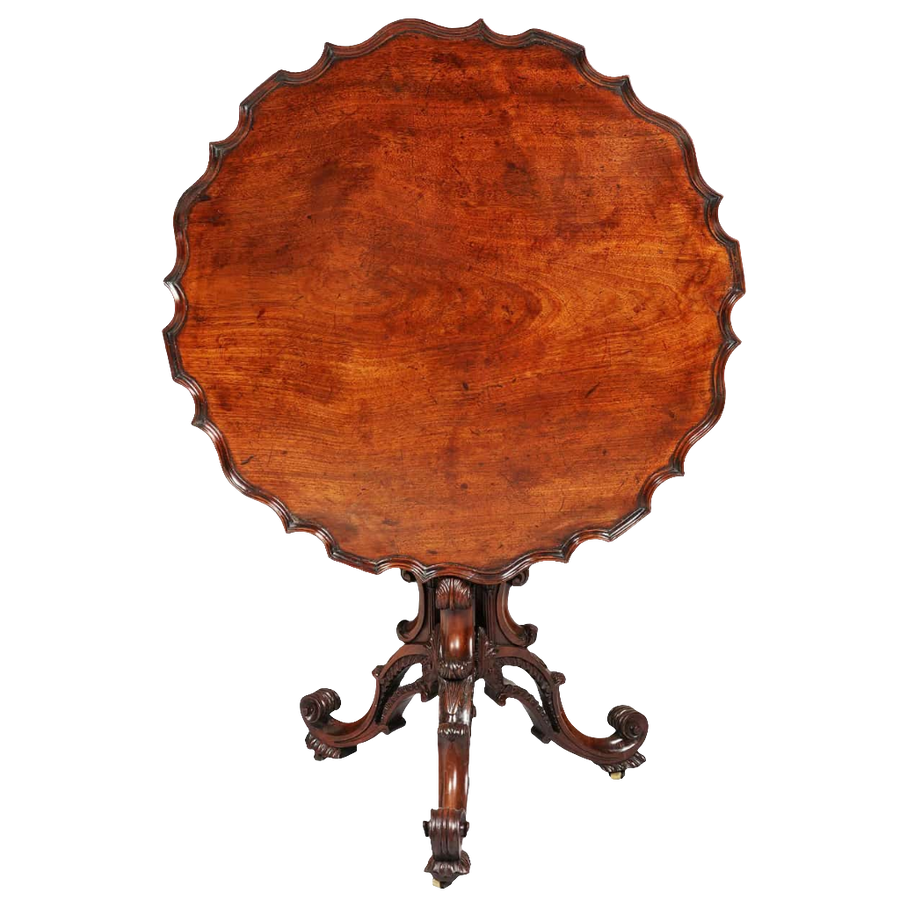
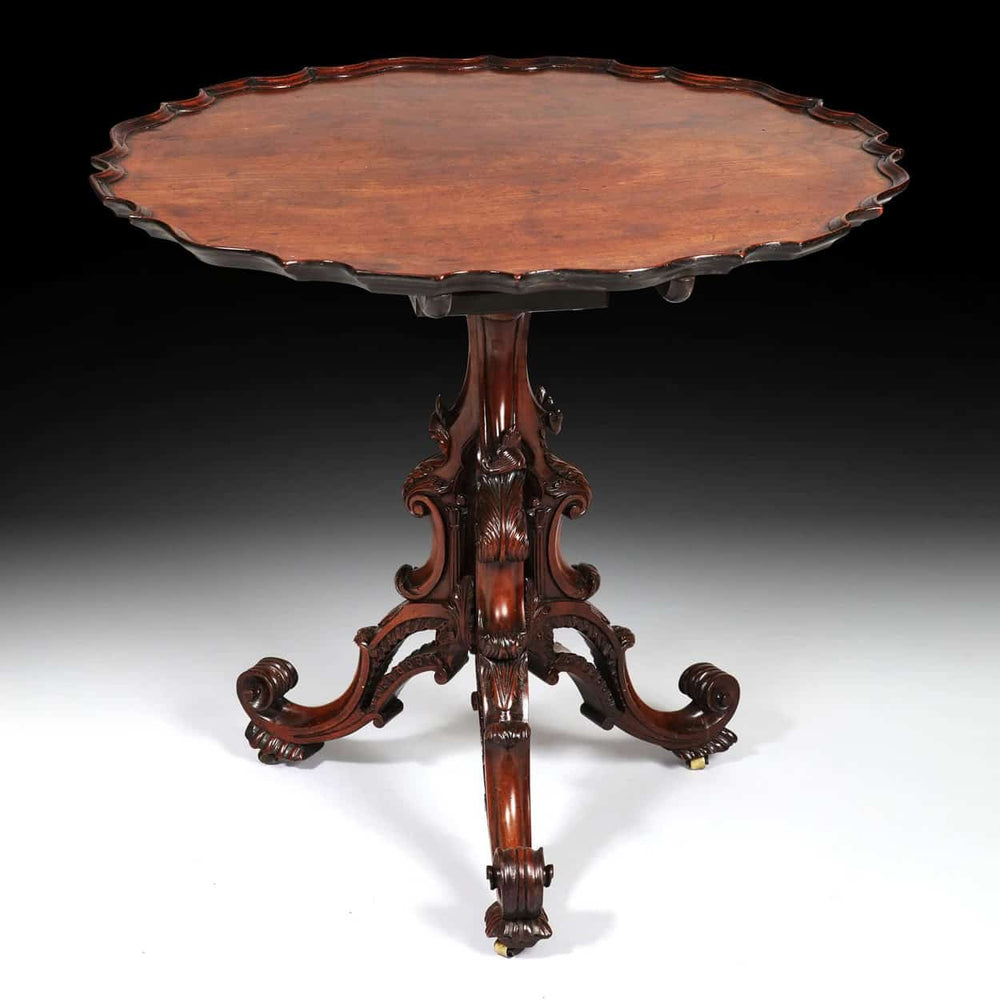
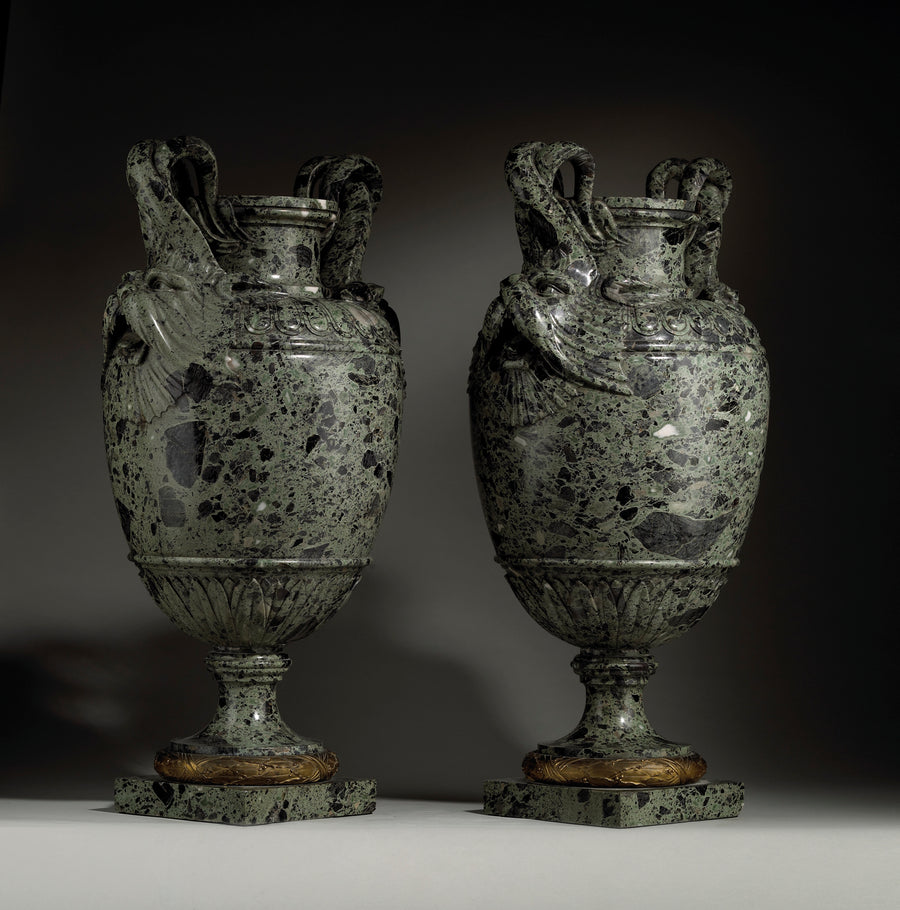
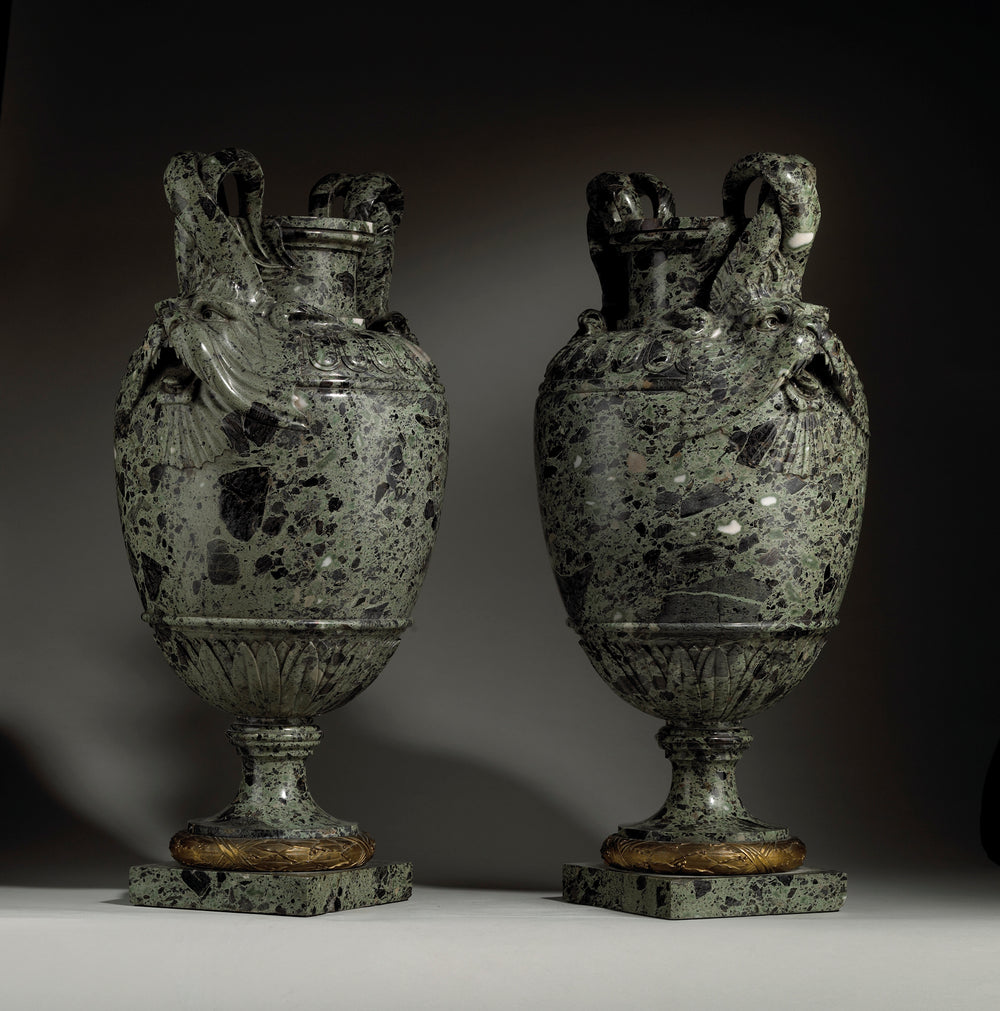

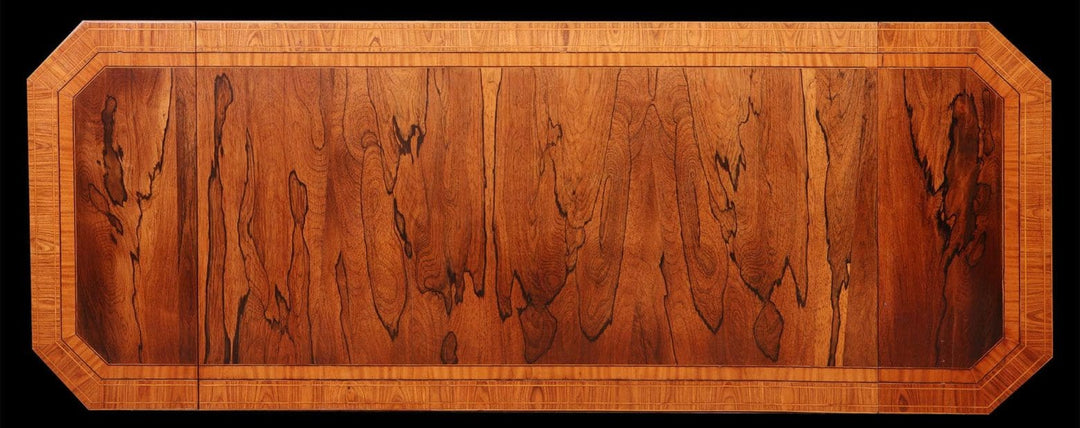


Leave a comment